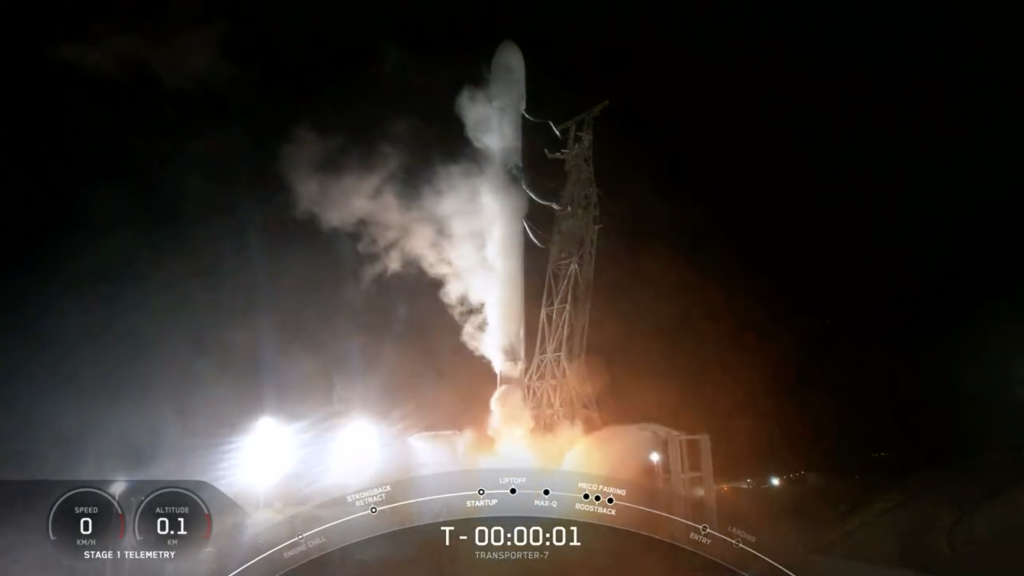Turkey joined the global space race as it launched its first-ever observation satellite, IMECE, from the Vandenberg Space Force Base in California on April 15. The sub-meter high-resolution earth observation satellite has been domestically developed and designed by TÜBİTAK Space Technologies Research Institute. The cutting-edge features of the satellite include a flight computer, communication systems, and an electro-optical camera, capable of taking high-definition imagery everywhere on Earth while circling the globe at an altitude of 680 kilometres.
Apart from target detection and identification, Turkey intends to utilise the IMECE satellite for disaster management, mapping, and agricultural practices. The satellite’s mission is expected to last up to five years and will follow a geosynchronous orbit while taking high-resolution imagery using a multispectral camera across the globe. The equipped camera can capture an area of 13.9 by 16.2 kilometres in a single frame, with a resolution of about 4 metres and a weight of 700 kilograms.
President Recep Tayyıp Erdogan sent a video message praising the program as a momentous milestone, considering it a strategically significant investment to place Turkey at the top of the global technology league.
The Turkish Space Agency, also known as Türkiye Uzay Ajansı (TUA), launched the IMECE satellite program in early 2017 and completed the assembly integration of the spacecraft’s thermal and structural efficiency module before undergoing a series of field trials.
Turkey wants to establish an outer space presence and has been working hard towards developing its space program. By late 2018, the country successfully founded its national aerospace research agency under its Ministry of Industry and Technology in collaboration with TÜBİTAK UZAY. In February 2021, Erdogan formally announced the goals for its national space program, including a ten-year integrated “vision, strategy, goals, and projects in the field of space policies.”
The ten goals of the TUA include a moon mission using a Turkish-built hybrid rocket to mark the country’s 100th anniversary as a republic, a domestic satellite, regional positioning and timing system, spaceport operation to support future space missions, space weather or meteorology, astronomical observations and space object tracking, expanding its space industry, space technologies development zone for both domestic and foreign investors, space awareness, including investment in space and aviation education, and a Turkish astronaut.
In addition, Turkey plans to send its first native astronaut into space to accomplish a science mission and a rocket launch to the moon. By May 2022, the search for a competent Turkish astronaut candidate to be sent on the country’s first space mission officially began, with an initially expected flight schedule as early as the first half of 2023. Turkey and the US-based commercial space company Axiom Space signed a historic agreement four months later. The chosen Turkish astronaut will undergo rigorous training under the latter company, expanding the country’s capability to space exploration, including scientific research in a microgravity environment.





